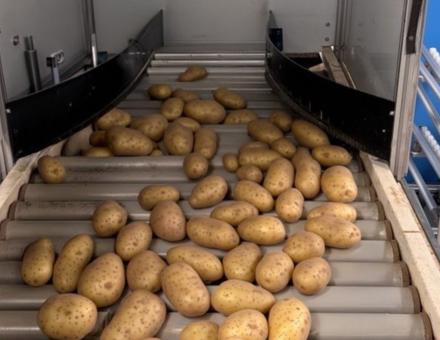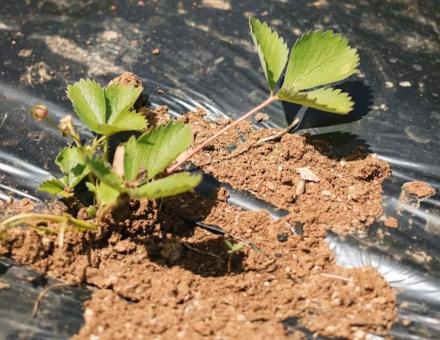What approaches and measures need to be taken to transform farming systems towards the ultimate goal of sustainability?
One of the major challenges facing modern agriculture is to transform farming systems to support food security in a context of global change. Agriculture must both adapt to climate change and reduce its greenhouse gas emissions. Reducing agriculture's carbon footprint requires the development of agro-ecological practices and environmentally-friendly processes for biomass transformation, co-product recovery and waste treatment.
The drive towards decarbonization in a number of industrial sectors is driving new demand for biobased products, and may provide an opportunity for crop diversification and the valorization of co-products and waste for fertilization and crop protection. This development is leading to the study of new agricultural systems centered around transdisciplinary approaches combining agroecology and circular bioeconomy to create more resilient systems.
But what are these approaches, and what steps need to be taken to transform farming systems towards the ultimate goal of sustainability?
This opinion piece carried by UniLaSalle in collaboration with the University of Reims Champagne-Ardenne and the University of Udine (Italy) looks at recent advances and contemporary understanding of synergies between agroecology and the bioeconomy, focusing on the following three topics:
- The ecological role of crop diversification,
- The main eco-technologies for waste recycling and biomass processing that are conducive to the development of agroecology,
- The holistic approach combining agroecology and the bioeconomy for sustainable agricultural systems.
This combination is based on a combination of low- and high-tech functional innovations that require life-cycle analysis and multi-criteria assessment of crop and livestock systems to reduce their energy consumption and greenhouse gas emissions. The combination of agroecology and the circular bioeconomy represents an important lever to be mobilized to improve ecosystem services at the soil-plant-atmosphere interface and agricultural sustainability on a territorial scale.
Read the full article in Plant and Soil and the full article on RG






